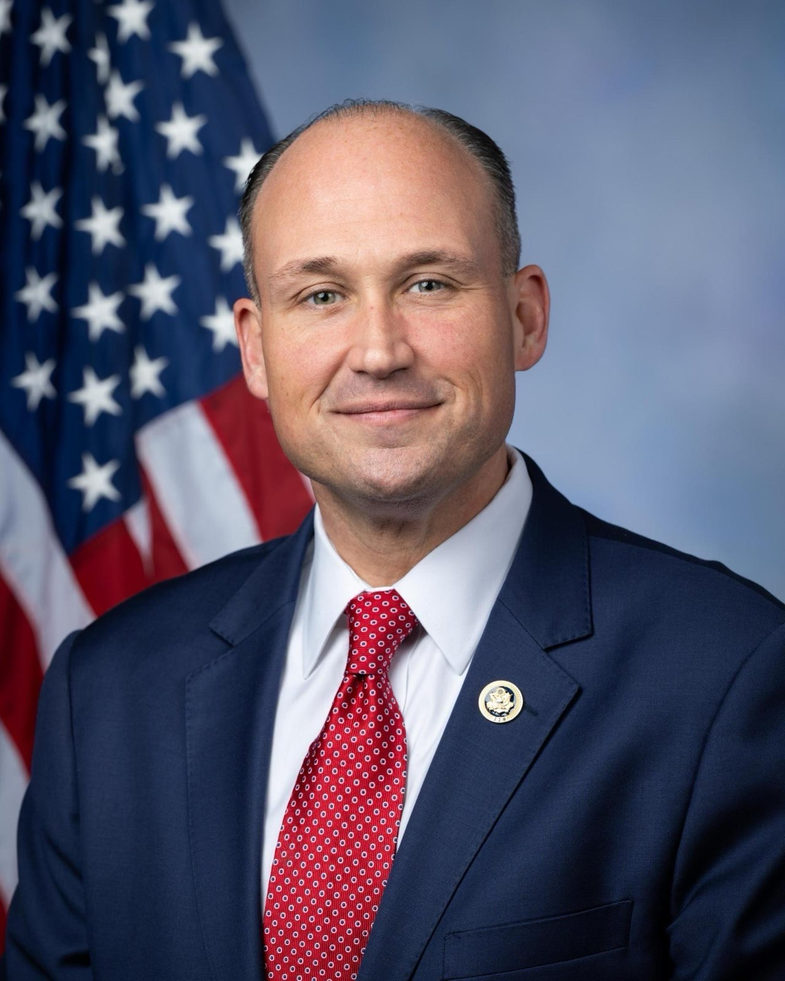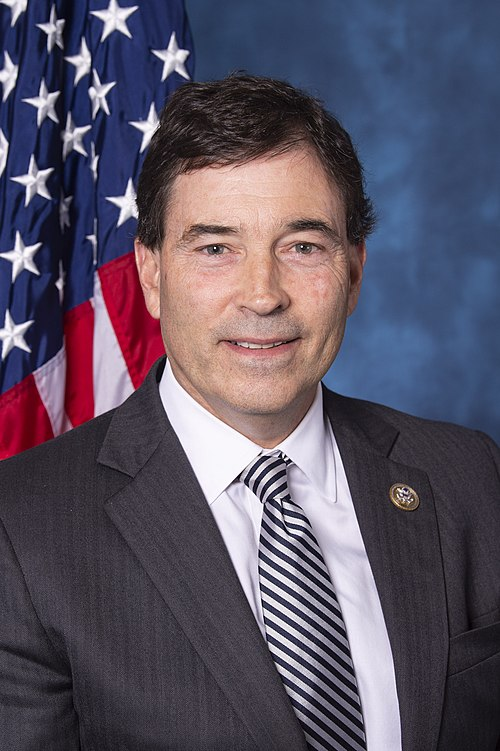H.R. 3157: State Energy Accountability Act
The proposed legislation, known as the State Energy Accountability Act, aims to amend the Public Utility Regulatory Policies Act of 1978 by introducing new requirements regarding how states evaluate their intermittent energy policies. Here is a breakdown of the key components of the bill:
New Evaluation Requirements
The bill mandates that each state regulatory authority that enforces an intermittent energy policy is required to:
- Conduct a public evaluation of how these policies affect the reliability of the state's bulk-power system.
- Assess the availability of electric energy resources over a ten-year period.
- Evaluate the ability of electric energy resources complying with these policies to meet demand during emergencies or periods of high demand.
- Analyze how these policies impact the rates charged by electric utilities.
- Determine if reliable generation facilities that are decommissioned to meet intermittent energy policy requirements can be adequately replaced.
- Assess the reliance on external electric energy supplies to maintain reliability within the state.
Implementation Timeline
The legislation requires state regulatory authorities to make a determination regarding the implementation of these evaluation standards within one year following the enactment of the new regulations. This applies to both existing and future intermittent energy policies.
Public Disclosure
States are required to make the results of their evaluations publicly available. If a state has already adopted an intermittent energy policy, this evaluation must be available within one year after the determination is made. For states that adopt such policies after the determination, the evaluation must be made public within one year of the policy adoption.
Definitions
For the purposes of this legislation, the following terms are defined:
- Bulk-power system: Refers to the electrical systems and facilities that provide reliable electricity supply.
- Intermittent energy policy: A state requirement for electric utilities to ensure that a specific percentage of the electricity provided comes from sources that do not guarantee reliable generation.
- Reliable generation facility: An electric generation facility capable of providing consistent power for at least 30 days, during emergencies, or extreme weather, having adequate fuel or contractual supplies to support this capability.
Prior Actions
The bill clarifies that state regulatory authorities must make evaluations according to the new requirements without taking into account any prior proceedings related to intermittent energy policies that occurred before the enactment of these new standards.
Relevant Companies
- NEE - NextEra Energy, as a major producer of renewable energy, could be affected by adjustments in state regulations regarding the reliability of energy generation from intermittent sources.
- DUK - Duke Energy may need to reevaluate its compliance strategies in response to the changes in requirements for reliable energy generation.
- PEG - Public Service Enterprise Group could see changes in operational strategies or costs associated with meeting reliability standards under new state evaluations.
This is an AI-generated summary of the bill text. There may be mistakes.
Sponsors
3 bill sponsors
Actions
9 actions
| Date | Action |
|---|---|
| Sep. 17, 2025 | Placed on the Union Calendar, Calendar No. 255. |
| Sep. 17, 2025 | Reported by the Committee on Energy and Commerce. H. Rept. 119-301. |
| Jun. 25, 2025 | Committee Consideration and Mark-up Session Held |
| Jun. 25, 2025 | Ordered to be Reported by the Yeas and Nays: 27 - 20. |
| Jun. 05, 2025 | Forwarded by Subcommittee to Full Committee by Voice Vote. |
| Jun. 05, 2025 | Subcommittee Consideration and Mark-up Session Held |
| Jun. 03, 2025 | Referred to the Subcommittee on Energy. |
| May. 01, 2025 | Introduced in House |
| May. 01, 2025 | Referred to the House Committee on Energy and Commerce. |
Corporate Lobbying
8 companies lobbying








































